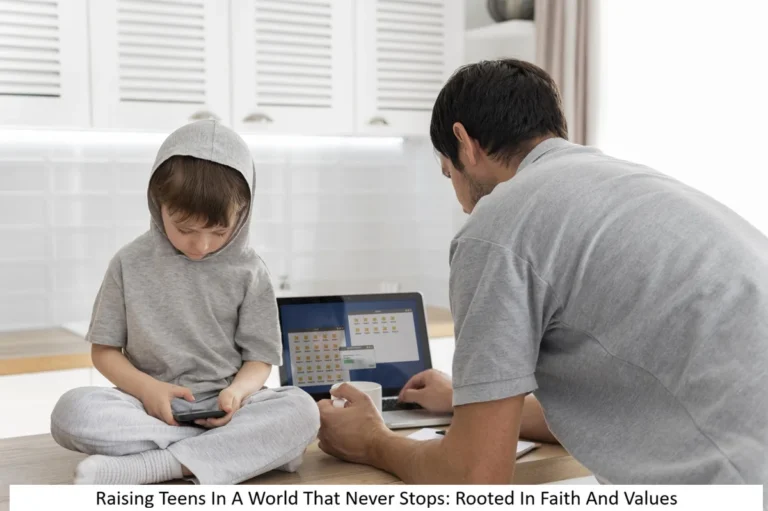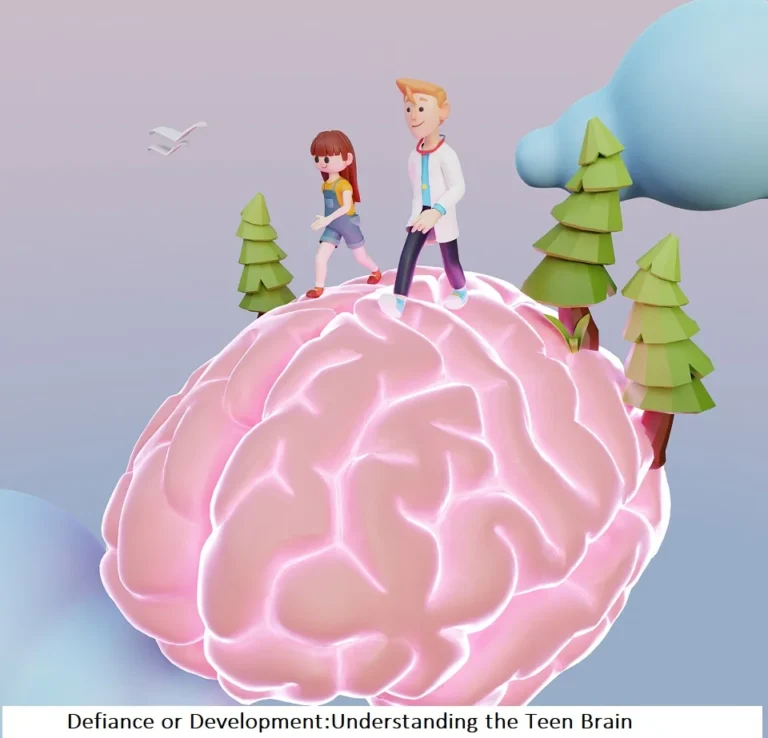
Last Tuesday, I watched a 17-year-old client burst into tears because Starbucks got his Frappuccino order wrong. His mortified mom mouthed “See what I mean?” across the table. Here’s what I told her: Emotional immaturity isn’t failure – it’s unfinished development. After 12 years counseling emotionally immature teens, I’ve identified these 7 telltale signs that your child needs extra support growing their emotional muscles.
The 7 Signs of Teen Emotional Immaturity
1. The Grown-Up Tantrum
Real Example: “My 16-year-old daughter screamed into a pillow because her phone charger wasn’t where she left it.” – Diane, OH
What’s happening: The amygdala (emotional center) is developing faster than the prefrontal cortex (logic center). It’s like having a Ferrari engine with bicycle brakes.
Try This:
- Say: “I see you’re upset. Let’s pause and talk when your body feels calmer.”
- Teach the “5-5-5” rule: Will this matter in 5 hours? 5 days? 5 years?
2. The Blame Game
Classic Lines:
“It’s the teacher’s fault I failed!”
“My coach has it out for me!”
Why: Protecting fragile self-esteem by deflecting responsibility.
Turn It Around:
Ask: “What’s your 1% responsibility here?” Start small – even acknowledging 1% builds accountability.
3. Now-or-Never Thinking
Parent Story: “My son spent 3 months’ allowance on in-game purchases… then needed money for school supplies.” – James, TX
Brain Science: Teen brains get a dopamine hit from immediate rewards. Future consequences feel abstract.
Build Perspective:
Play “Future Self Interview”: Have them imagine explaining this choice to their 25-year-old self.
4. Friendship Earthquakes
Sign: Sobbing because someone didn’t heart their Instagram post.
The Truth: Small social slights feel catastrophic when emotional regulation skills are underdeveloped.
Help Them:
Validate first: “That must hurt”
Then reframe: “How would Future You handle this?”
5. Basic Task Blindness
Universal Parent Lament: “Why do I have to remind you to brush your teeth?!”
Root Cause: When we over-function for teens, they under-develop life skills.
Solution:
Implement the “Three Reminder Rule”:
- Verbal prompt
- Written note
- Natural consequence (e.g., no clean uniforms if not washed)
6. Frustration Freefall
Scene: Rage-quitting a video game, then sulking for hours.
What’s Missing: The ability to sit with discomfort. Many teens have been “rescued” from minor struggles their whole lives.
Build Resilience:
Teach the “5-Minute Rule”: Commit to sticking with frustrating tasks for just 5 minutes. Often, they’ll keep going.
7. Worldview Whiplash
Teen Logic: “Why should I care about [current event]? It doesn’t affect me!”
Developmental Reality: Abstract thinking and empathy are still under construction.
Expand Perspective:
At dinner, ask: “How would you solve [current issue] if you were in charge?” Makes big concepts personal.
3 Ways to Nudge Maturity Forward
1. The “I Noticed” Technique
Instead of praise like “Good job!”, say:
- “I noticed you took out the trash without being asked.”
- “I saw how you walked away when your brother annoyed you.”
Why it works: Names specific behaviors so teens recognize their own growth.
2. Strategic Struggle
Let them:
- Forget their lunch (once)
- Face a bad grade for late work
- Deal with the consequences of poor planning
Real Result: “After I stopped bringing forgotten items to school, my son’s memory improved 80%.” – Priya, mom of 14
3. Share Your Teen Stumbles
When I told clients about failing my driving test twice, their jaws dropped. “But you’re so responsible now!” Exactly. Maturity comes through practice.
Worth to read: Helping Teens To Overcome Immaturity: A Guide for Parents
When to Wait vs. When to Worry
Normal (But Frustrating):
- Occasional dramatic reactions
- Needing reminders
- Short-term thinking
Red Flags Worth Professional Help:
- Regular property destruction
- Serious lying or stealing
- Zero close friendships
Closing Thought: Progress Over Perfection
Last month, my formerly door-slamming daughter paused mid-frustration and said, “Mom, I need 10 minutes before we talk.” That pause? That’s maturity blooming.
Your Homework:
- Pick one small area to focus on this week
- Try one strategy from above
- Notice one tiny win
Parenting an emotionally immature teen is like watching a sunset – change happens so slowly you don’t notice, until suddenly everything looks different. What small maturity win have you spotted lately? Share below – let’s celebrate those glimmers of growth together.


